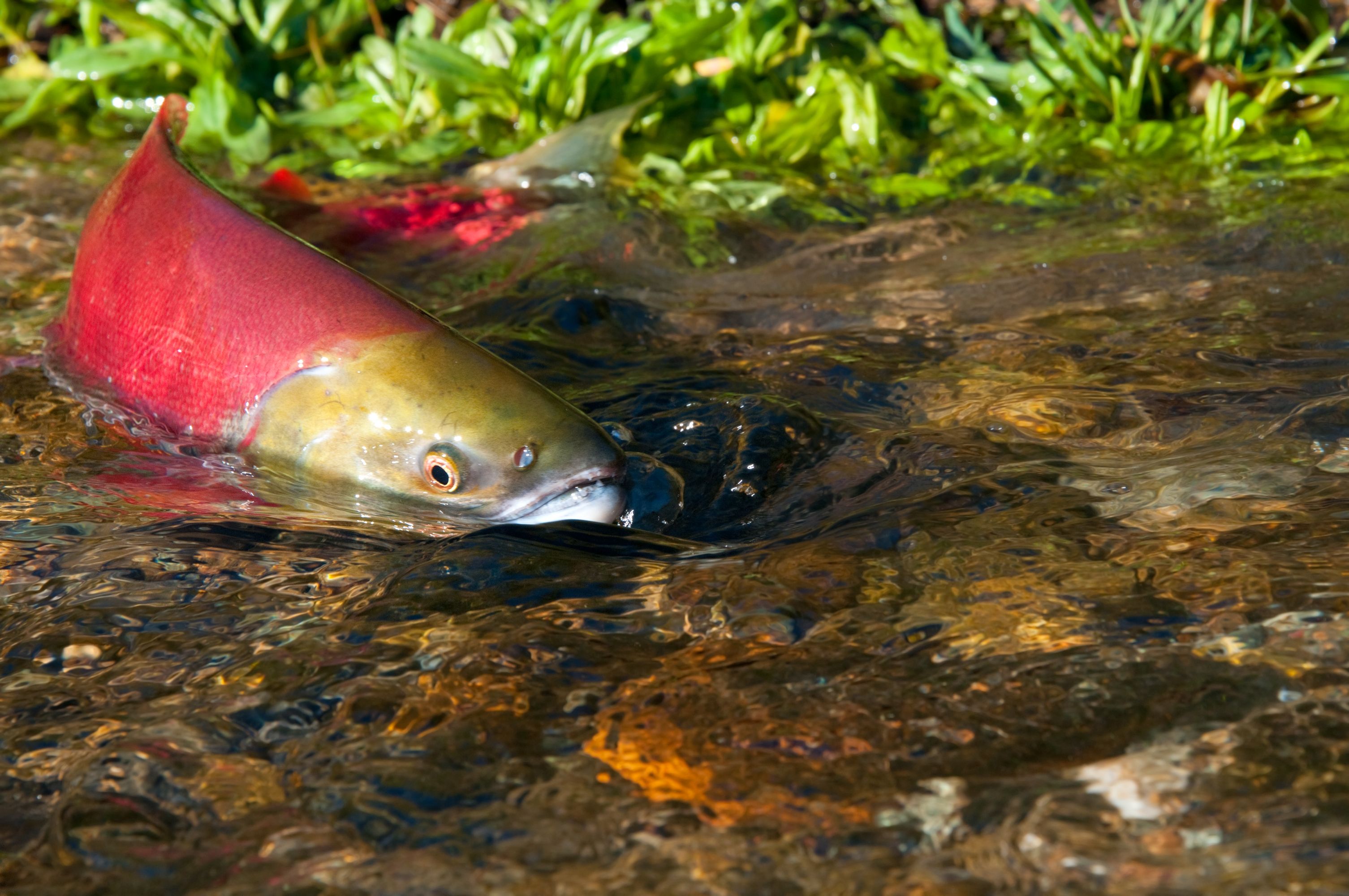In response to growing concerns about the family of synthetic chemicals known as PFAS, the U.S. House of Representatives has voted on the bipartisan PFAS Action Act. This will require EPA to set drinking water limits for at least two types of “high concern” PFAS, designate them as hazardous, and address ongoing PFAS releases into the air and water.
“People and wildlife alike should have a right to clean water without risk of poisoning from dangerous toxic chemicals,” said Collin O’Mara, president and chief executive officer of the National Wildlife Federation. “The widespread occurrence of PFAS in our waterways and soils present an urgent public health risk, especially for our most vulnerable communities and imperiled wildlife.”
“The National Wildlife Federation commends Representatives Dingell, Pallone, Upton, Hoyer, Hudson, Rouzer, Fitzpatrick and Kildee for leading this effort,” O’Mara added. “The PFAS Action Act is a much needed step toward modernizing drinking water infrastructure, accelerating the clean-up of polluted sites, preventing the use of new problematic chemicals, and bolstering research strategies to drive science-based policy decisions.”
PFAS have been found in soil, water, and air— from the Great Lakes to the Arctic. Studies have documented multiple effects on human health, including cancers in highly exposed groups, impacts to the immune system and metabolism. Available evidence also indicates that elevated PFAS in wildlife can lead to developmental and reproductive problems. Additional investment for water infrastructure is needed to help communities and their neighboring wildlife remain healthy for generations to come.









